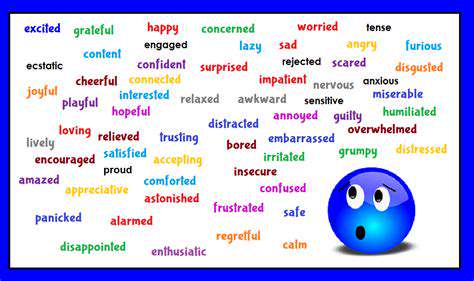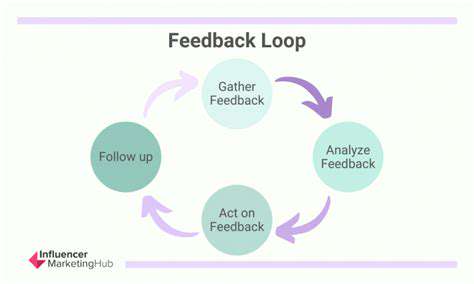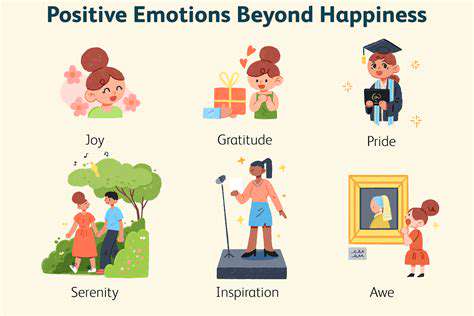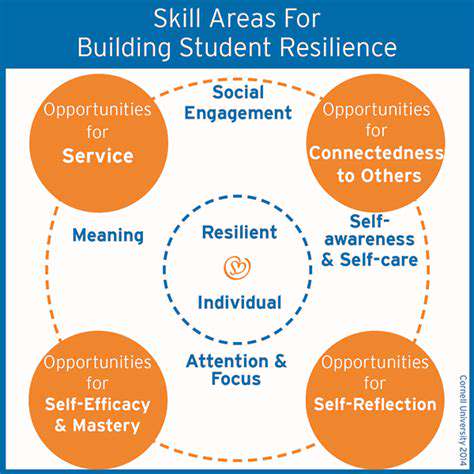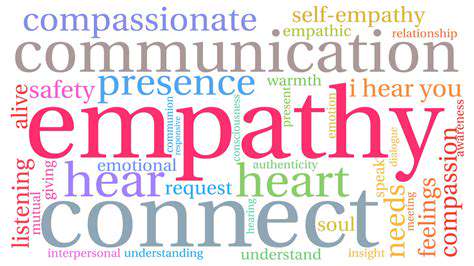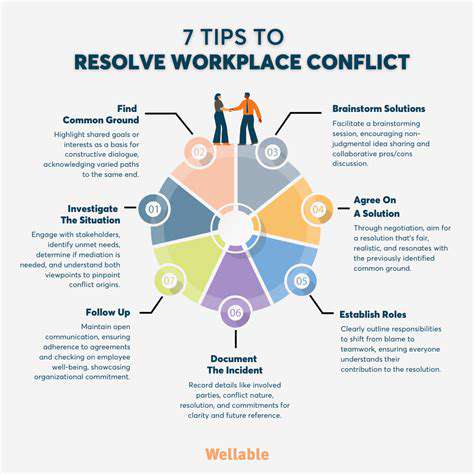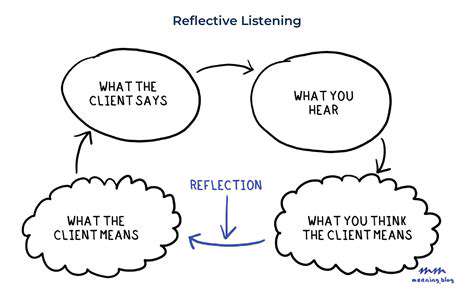Supporting Kids During Academic Struggles Without Overpressure
Managing Anxiety and Stress Related to Academic Performance
Understanding the Root Causes
Many students experience overwhelming pressure from schoolwork, exams, and social comparisons. This academic strain often stems from deep-seated fears - whether it's struggling with certain subjects, meeting parental expectations, or performing in front of classmates. Having honest conversations where students feel safe sharing their worries makes all the difference in identifying these core issues.
Outside factors like family situations, friendship challenges, or major life transitions can also make school stress harder to handle. Spotting these hidden pressures is the first step toward creating effective solutions that address the whole picture, not just surface-level symptoms.
Developing Coping Mechanisms
Equipping students with practical stress-relief tools transforms how they handle pressure. Simple techniques like focused breathing, mindfulness moments, or muscle relaxation exercises can become powerful anchors during stressful times. When practiced regularly, these methods help build emotional resilience that serves students well beyond the classroom.
Never underestimate how much proper sleep, nutritious meals, and regular movement affect stress levels. These fundamental health habits directly impact mental clarity and the ability to manage emotions effectively, creating a stronger foundation for academic success.
Promoting a Supportive Learning Environment
The atmosphere we create around learning matters tremendously. When students feel encouraged to ask questions, receive recognition for their efforts (not just perfect scores), and understand that mistakes are part of learning, their anxiety naturally decreases. This mindset shift - from performance pressure to growth focus - changes everything.
Both educators and families play crucial roles in building this environment. When students feel genuinely valued and supported, rather than constantly judged, they engage more deeply with learning. Small actions like creating peer connection opportunities or showing authentic interest in students' perspectives make a lasting difference.
Seeking Professional Help When Necessary
Sometimes academic stress becomes too much to handle alone, and that's completely normal. Trained counselors offer specialized strategies tailored to each student's needs, helping them work through both immediate struggles and deeper emotional patterns.
Addressing these challenges early prevents them from snowballing into more serious issues. Recognizing when to seek help - whether for test anxiety, motivation struggles, or emotional distress - demonstrates wisdom and self-care. Professional support provides tools that benefit students throughout their educational journey and beyond.
Seeking Professional Guidance When Necessary

Understanding the Benefits of Professional Guidance
Working with an experienced advisor brings clarity to complex situations. They spot patterns we might miss and suggest approaches we haven't considered, leading to better decisions and more effective solutions. This outside perspective, combined with ongoing accountability, keeps us moving forward even when motivation wavers.
The true value extends far beyond solving immediate problems. Quality guidance helps uncover our core strengths, values, and blind spots - knowledge that informs every life decision. These insights often lead to more authentic, fulfilling paths we might not have discovered alone.
Practical skills gained through professional support - whether for stress management, communication, or relationship-building - become lifelong tools. These competencies ripple through all areas of life, improving both personal well-being and professional success in lasting ways.
Identifying the Right Professional for Your Needs
Finding the ideal match requires thoughtful research. Look beyond credentials to consider how a professional's specific expertise aligns with your needs. Client testimonials and case examples often reveal more about their approach than formal qualifications alone.
Getting clear about your goals is half the battle. Whether you need career direction, relationship help, or financial strategy, defining your objectives narrows the search significantly. This clarity ensures you invest time with someone who truly understands your situation.
Initial consultations prove invaluable for assessing compatibility. Notice how well they listen, whether their explanations make sense to you, and if their personality puts you at ease. This personal connection often determines success more than technical qualifications alone.
Viewing professional guidance as an investment changes everything. The right support at the right time can redirect your trajectory toward greater fulfillment and achievement in ways that compound over years.

